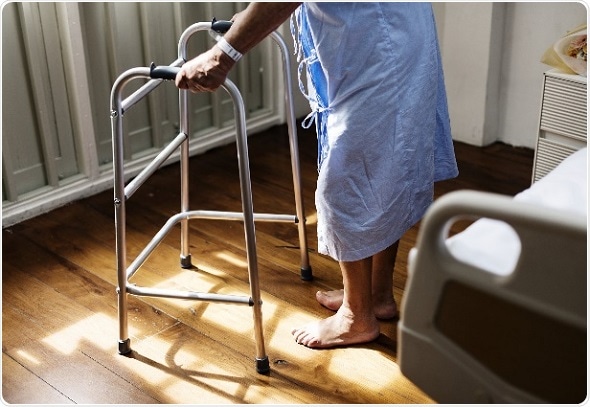Apr 24 2019
In high-income countries, people with low socioeconomic position are more likely to receive poor quality end of life care and die in hospital, according to a large meta-analysis by Joanna Davies of King’s College London, UK, and colleagues, published this week in PLOS Medicine.

Credit: rawpixel, Pixabay
Lower socioeconomic position (SEP) is a known risk factor for reduced life expectancy and earlier onset of diseases. In this study, researchers carried out a systematic review of studies that reported an association between any measure of SEP—including income, education, occupation, or housing—and healthcare received by adults in their last year of life. 209 studies were included in the review, including data on 142 health outcomes in people from North America, Europe, Australia and Asia.
Compared to people living in the least deprived neighborhoods, those living in the most deprived neighborhoods were more likely to die in the hospital than at home, more likely to receive acute hospital-based care in the last three months of life, and less likely to receive specialist palliative care. The least educated people were also less likely to receive specialist palliative care. Specialist palliative care is known to reduce symptoms and improve wellbeing.
“These findings should stimulate widespread efforts to reduce socioeconomic inequality towards the end of life,” the authors say. “We recommend that all research on care received towards the end of life should attempt to account for SEP; end of life care interventions should be analyzed for their different effects across the social strata; and the planning and provision of end of life care services should consider SEP in local populations.”